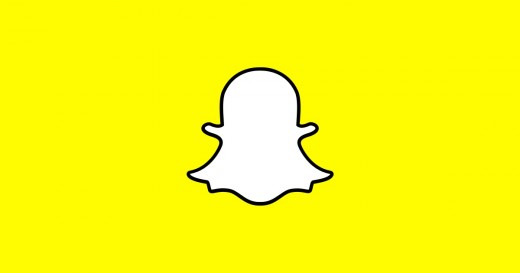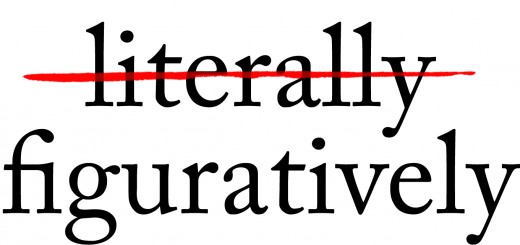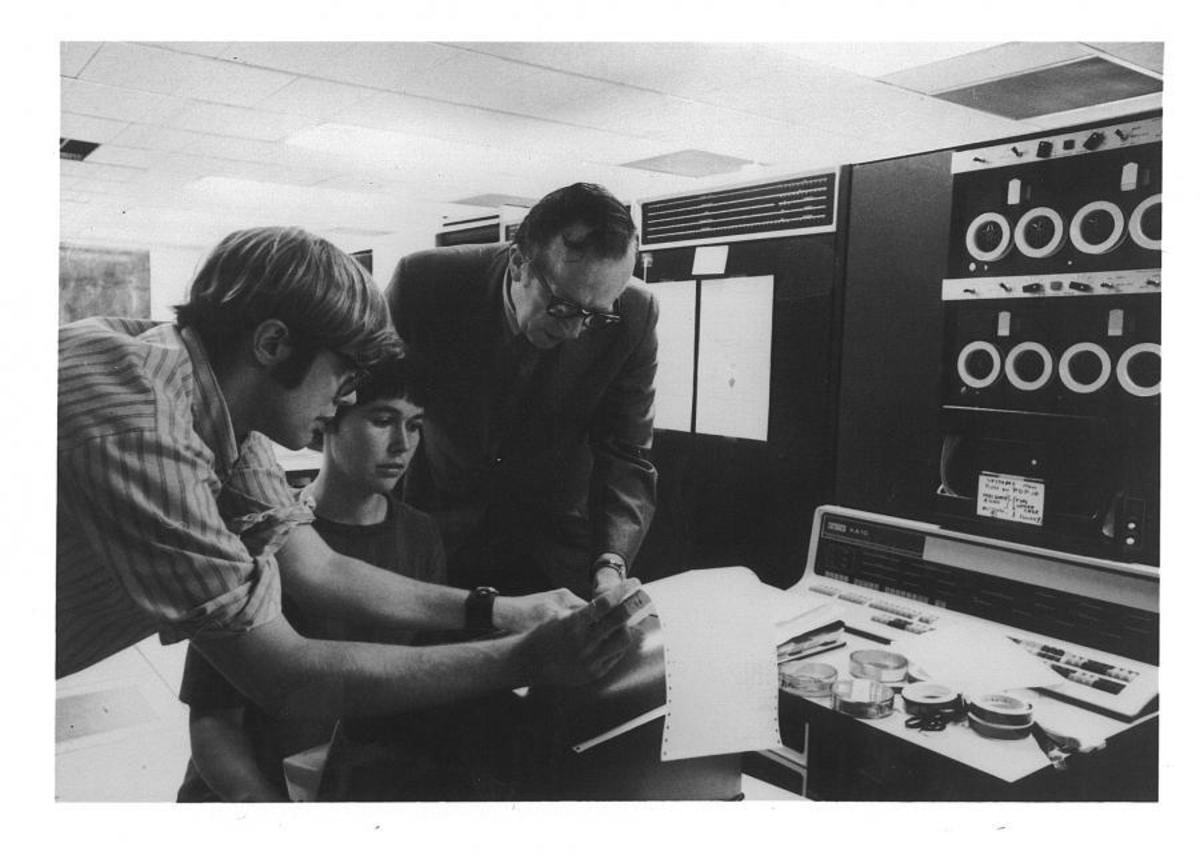How Social Media Slang is Devaluing Language
What does the word "fine" mean? If you put it before "wine" or "dining", you've got something really very good, as was originally inteneded for the word. However, if a teenage girl texts to say she's fine, there are very few words which are worse. Almost every word today means less of that same thing that it did fifty years ago. The words that we use describe the very worst and the very best things are slowly being dragged towards a perpetually greying middle ground. As a result, new, unusual, or archaic words begin to be more commonly used to fill the gaps at either end of the scale. Fine has somehow managed get itself from being a very good word, through the middle ground and out the other side to adopt its opposite meaning, while very confusingly also keeping the same meaning that it had. This is progression is as fascinating as it is odd and it has little to do with the internet, but the same can't be said of the evolution of most other adjectives.
They say 93% of communication is non-verbal. That seems a bit high and you'd think such a figure would be wildly incalculable anyway, but we can agree that there are many things which can't be communicated through text alone... This has led to a weird devaluing of words over the past few years. Words, like money, level of education, and so many other things, have begun to inflate. We'll call it lexical inflation.

Let's say you were at a concert and someone asks you how it was. You can't say it was good, because good doesn't mean good anymore. They'd ask you what was wrong with it. Because good means mediocre now. You could say it was amazing but that just means that it was good and if you really meant that it was amazing, you'd have to say that you died. "OMG I'm dead" has replaced "I really enjoyed myself". But why?
When you're texting or tweeting, your words lack tone or inflection, but that in itself isn't the problem. Proust had no problem expressing emotion in "À la recherche du temps perdu", and he only used words. Albeit, many of them, over 1.2 million, in fact, encompassing 9.6 million characters. That's just under 70,000 tweets' worth. Sure you might have tweeted several thousand times yourself, but each one is self-contained and must make sense in and of itself. (And Proust never retweeted in his novel, so that skews the numbers slightly.) The problem, therefore, is brevity.
While it may not be limited to 140 characters for much longer, on Twitter and indeed any other platform, you are still limited by the attention span of your reader. And since the attention span of the average internet user while on a social networking site is roughly equivalent to that of a particularly disinterested fly, anything longer than a short paragraph is usually succeeded by a "tl;dr" in the comments. The same goes for texting, too long and the recipient just won't bother to read it.
But what about pictures? Snapchat, for example. They say a picture can say a thousand words. Couple that with the one line of text you're afforded and, on Snapchat, you've got about 1007 words to play with. That's not bad. Except that that picture is usually a selfie, which realistically can probably say no more than four or five words. Limiting the overall message to about eleven words. Which isn't ideal.

This has contributed to lexical inflation thusly: due to character constraints you generally only have one word and at the very most one short sentence to express an emotion. There was a time when, if something was good, that describing word you used was "good". But then someone had to describe something that was slightly better than good, something that "good" couldn't quite capture and, lacking space to lengthen the description, merely replaced good with "great" or some colloquial alternative.
Then opinions of what was good differed, which they do because people to tend escalate their own experiences over everyone else's, and someone saw a thing which had been labelled as good, and believing that their thing was better, labelled it as great, despite the fact that objectively speaking, it was still only good. This repeated ad nauseam to reach the point where today, if you are in the presence of something really good, you "die". And that presents a problem because, you see, we don't really have anything which is more powerful than death. Yet "I died" will be devalued all the same.
This is not a new phenomenon. It happens constantly, it's just a problem now because rather than taking generations for a word's meaning to change, it could happen several times within a year. It is difficult to say what will be the norm for the youth of the coming years to describe something which is fantastic. "Epic" did the job briefly a few years ago. But then everything was epic and subsequently nothing was epic. More recently, you can sometimes get away with just throwing in a "literally" before saying what you would have said anyway. This is annoying but inevitable, as the very same thing happened to the word "really". As actual terms are exhausted, new ones will be made. To which the repugnant "on fleek" can attest. (Look at that I just described a mildly irritating phrase as repugnant, proving my own point.)

This wouldn't be so harmful if the way we communicated online didn't bleed into the way in which we communicate in person like it does. Describing something as "on fleek" to someone who doesn't reside in particular section of the internet, (read: most teenagers' parents) leaves them baffled. Who knows, in the future we might have subcultures who speak entirely different languages based upon which subreddit they spend their time on.
The solution? Stop communicating anything through text on the internet anything that isn't a fact or niche humour. Talk to people in person, that'll also improve your social skills and your life as a whole. If you need to speak to someone but can't meet up with them, phone them. On your phone. That's what a phone's for.
Ironically, those capable of getting to the bottom of this article are those who need to read it the least, so if you've got a friend who spends too much time online and contributes to lexical inflation, shout a brief summary of this at them. Well done for neglecting Facebook for long enough to read this and if think some of the meaning may have been lost in this wall of text, then send me your number and I'll gladly read it to your voicemail for greater fidelity.








